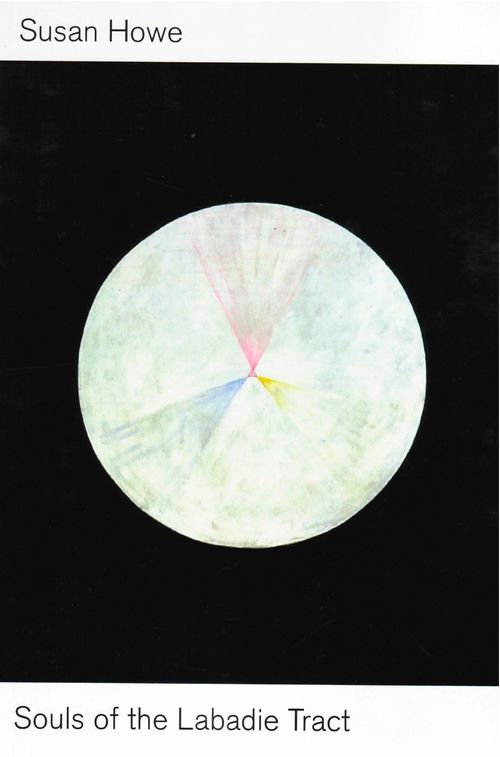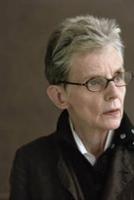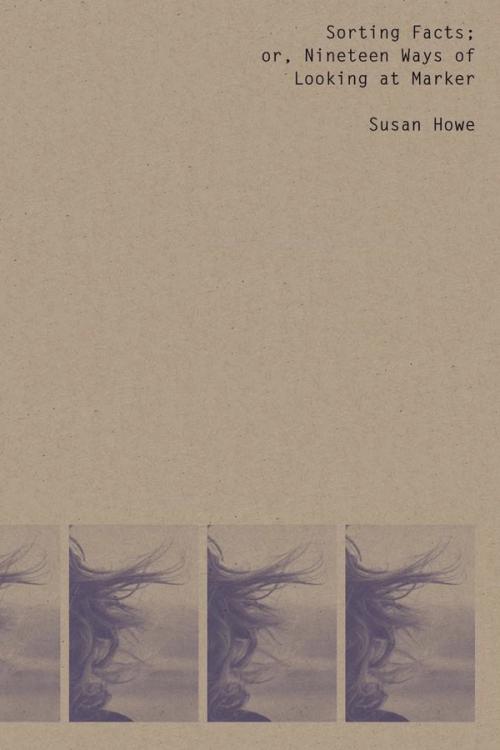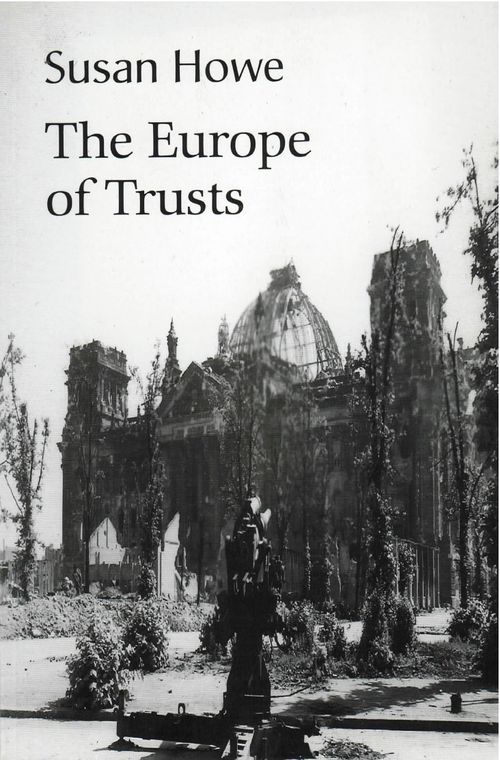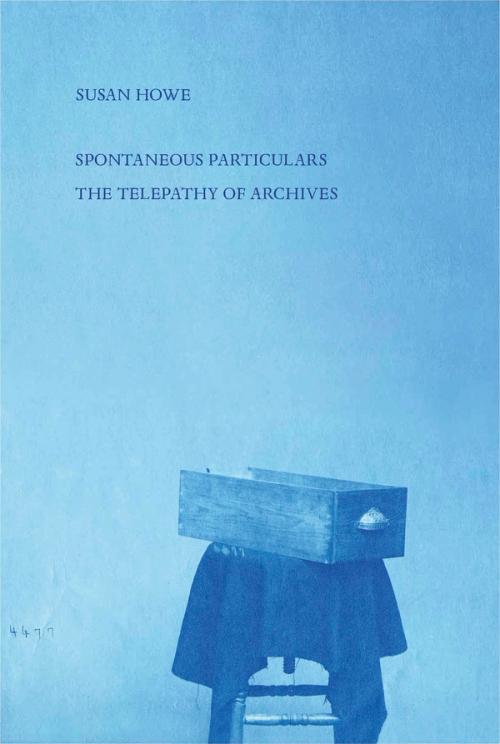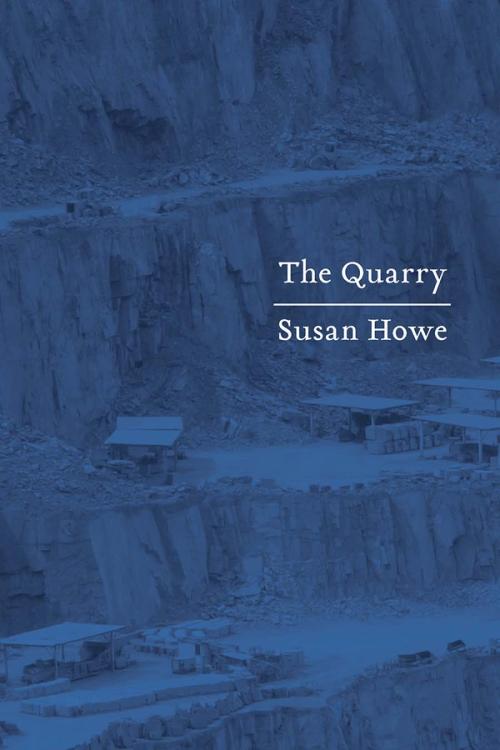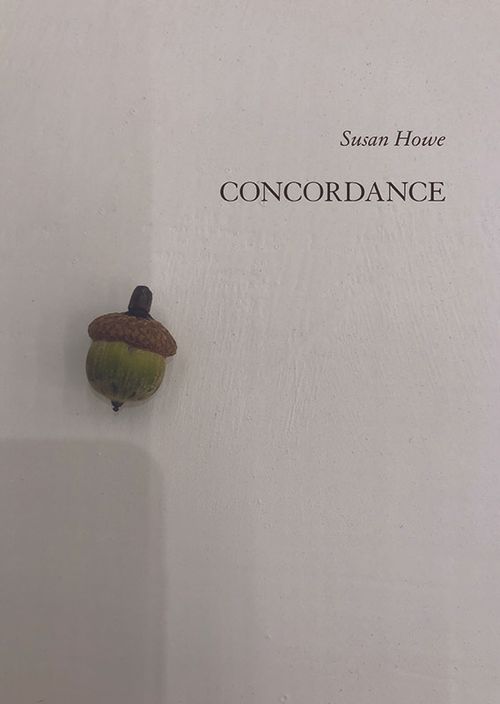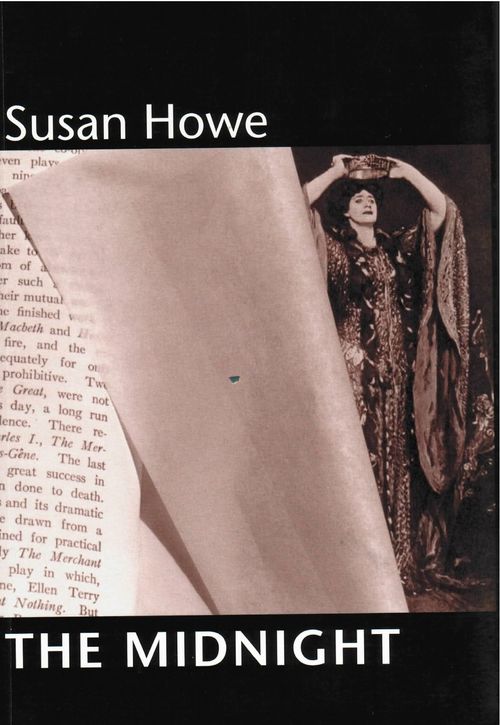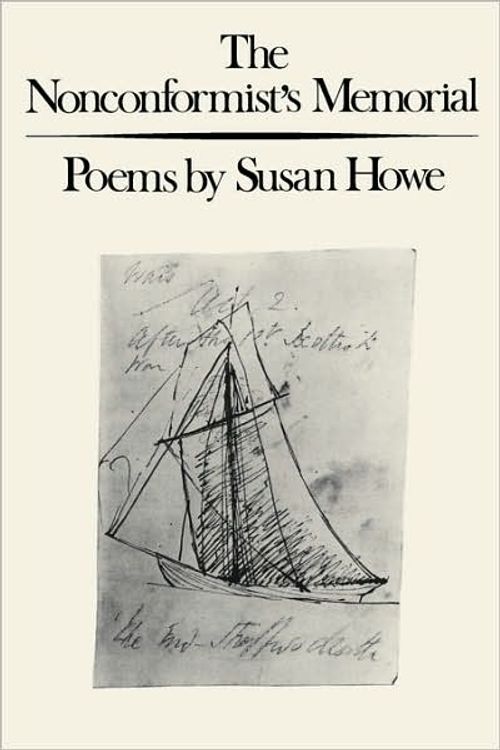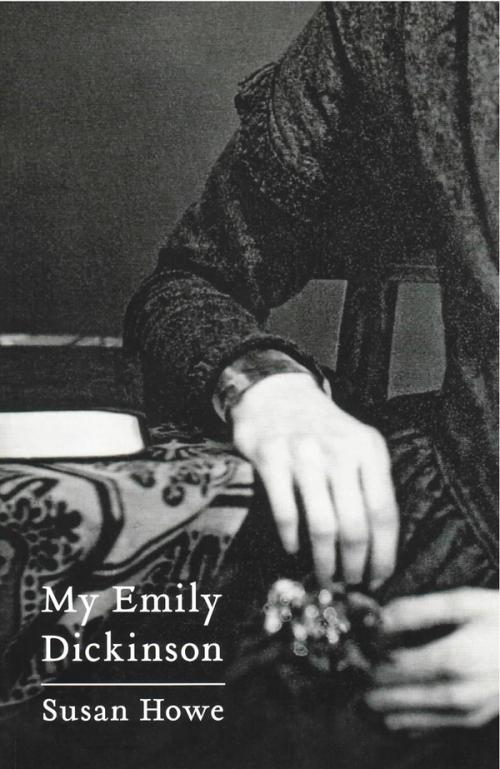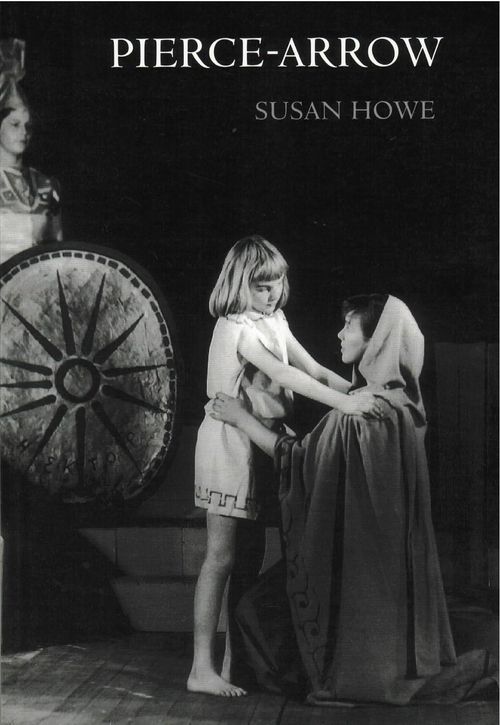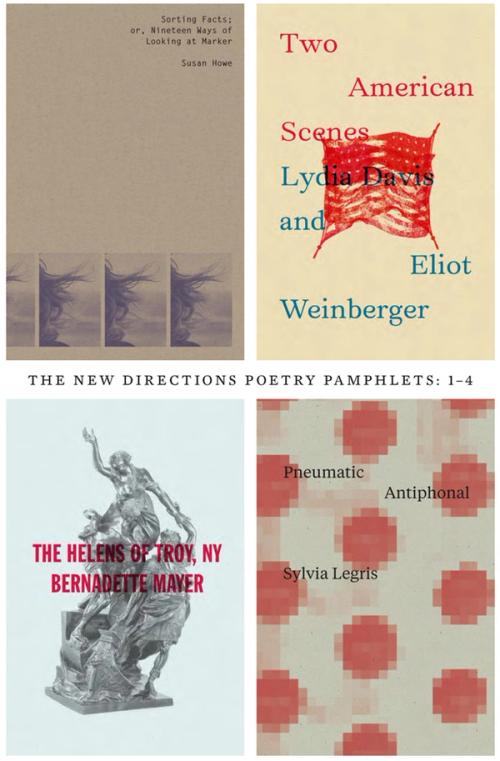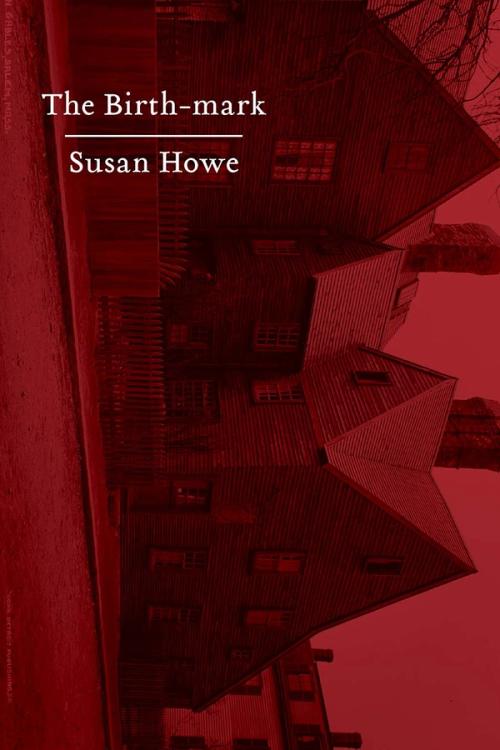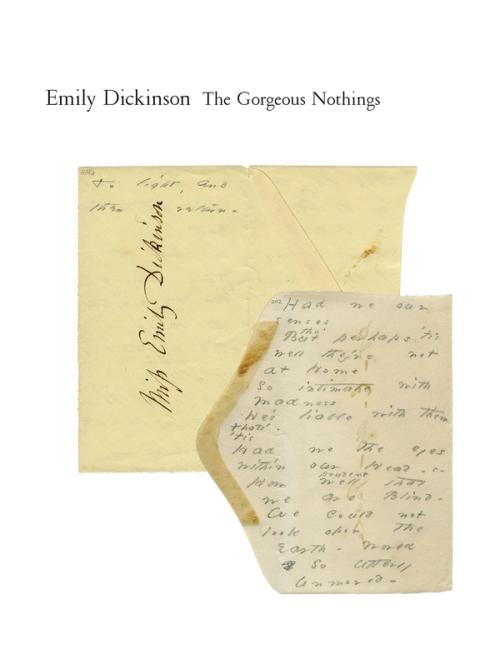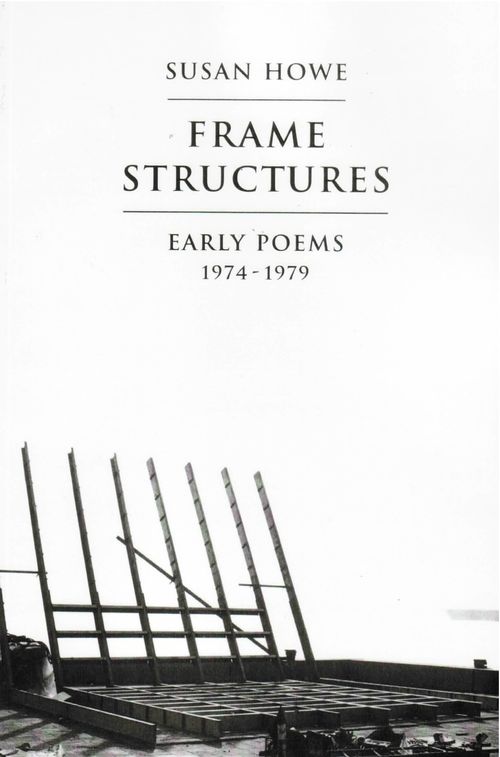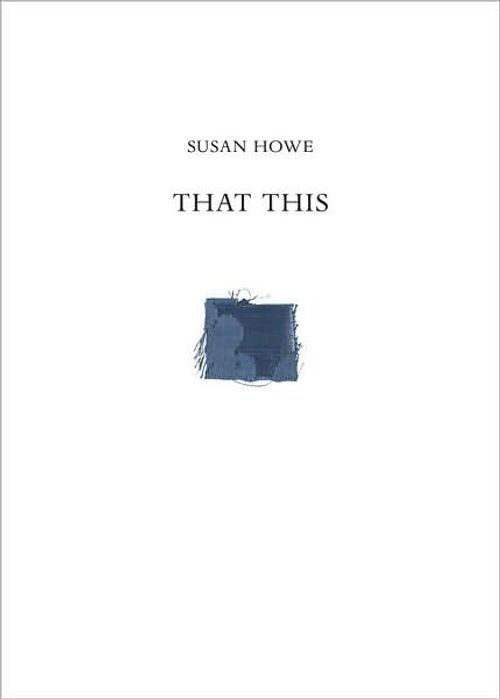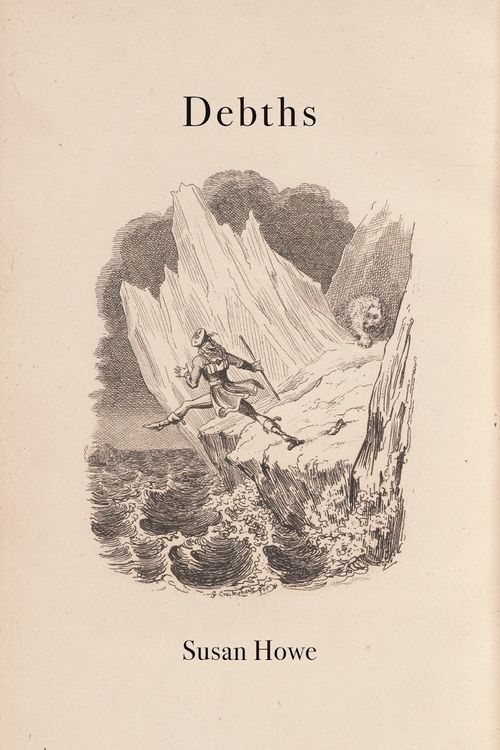Souls Of The Labadie Tract
Poetry by Susan Howe
Souls of the Labadie Tract finds Susan Howe exploring (or unsettling) one of her favorite domains, the psychic past of America, with Jonathan Edwards and Wallace Stevens as her presiding tutelary geniuses. Three long poems interspersed with prose pieces, Souls of the Labadie Tract takes as its starting point the Labadists, a Utopian Quietest sect that moved from the Netherlands to Cecil County, Maryland, in 1684. The community dissolved in 1722. In Souls, Howe is lured by archives and libraries, with their ghosts, cranks, manuscripts and scraps of material. One thread winding through Souls is silken: from the epigraphs of Edwards (“the silkworm is a remarkable type of Christ…”) and of Stevens (“the poet makes silk dresses out of worms”) to the mulberry tree (food of the silkworms) and the fragment of a wedding dress that ends the book. Souls of the Labadie Tract presents Howe with her signature hybrids of poetry and prose, of evocation and refraction:
There it is there it is—you want the great wicked city Oh I wouldn’t I wouldn’t
It’s not only that you’re not It’s what wills and will not.
Paperback(published Nov, 01 2007)
- ISBN
- 9780811217187
- Price US
- 16.95
- Price CN
- 19
- Trim Size
- 6x9
- Page Count
- 144
